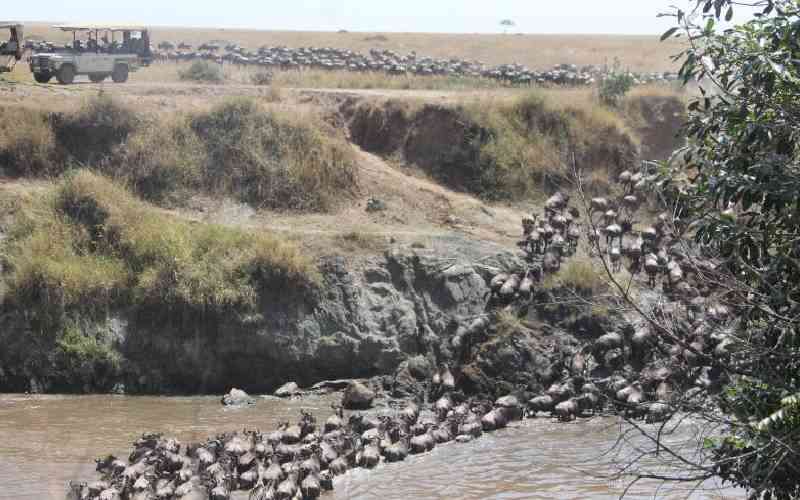×
The Standard e-Paper
Kenya’s Boldest Voice

Narok county government has invested in technology in efforts to secure Maasai Mara National Reserve.
The county government has adopted EarthRanger (ER), a software solution for wildlife conservation.







